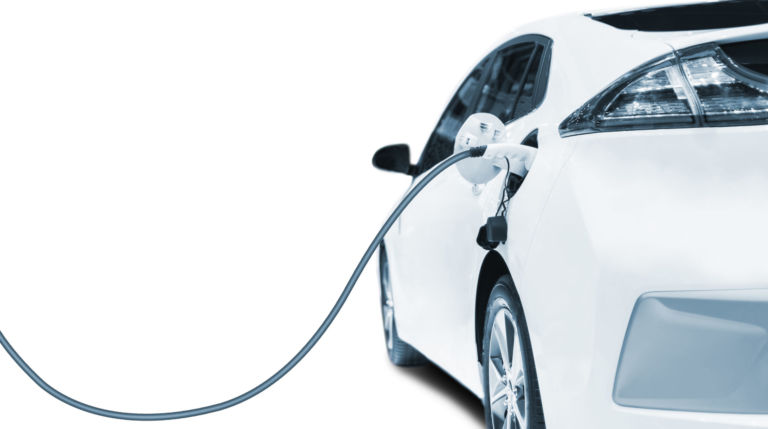Andrew Stuttaford of National Review Online highlights a European leader’s concerns about one key aspect of the “green agenda.”
Italy’s prime minister, Giorgia Meloni, doesn’t seem too pleased about the EU’s prohibition on the sale of internal combustion engine (ICE) vehicles from 2035.
Bloomberg:
“[It’s] not reasonable, and I think there’s also a certain alignment by other European countries on our position,” Meloni said in a conference with reporters.
“Carmaker Stellantis NV, formerly Fiat SpA, is among Italy’s largest manufacturers.”
Stellantis is more than that. It’s the renamed company formed by the merger of Fiat, Chrysler, and Peugeot. It’s the fifth-largest automaker in the world.
In January 2022, its CEO described electrification as “a technology chosen by politicians, not by industry,” not a good omen.
And nor is this (via Bloomberg):
“In November, EU Internal Market Commissioner Thierry Breton said Europe’s push for its auto industry to go all-electric poses risks to employment and vehicle affordability, urging manufacturers to keep making combustion cars.”
That seems a touch off-message.
Here’s the text of a speech that Breton gave in December. It was interesting to read this:
“As you know, the political agreement reached by the co-legislators on CO₂ emission for new cars and vans includes a review clause in 2026. This is an opportunity for us, collectively, to measure our progress and refine our roadmap if needed, without changing the travel destination.”
Translation: This might be an opportunity to think again.
Breton is not reluctant to mention some of the problems that the EU will have to overcome as it heads towards 2035, including a lack of charging stations, raw material dependency (“we cannot replace one dependency, on fossil fuels, by another, on raw materials”), and a number of other key issues. …
… Somehow I think that Breton still has his doubts about forcing EVs on consumers in line with the current timetable.


